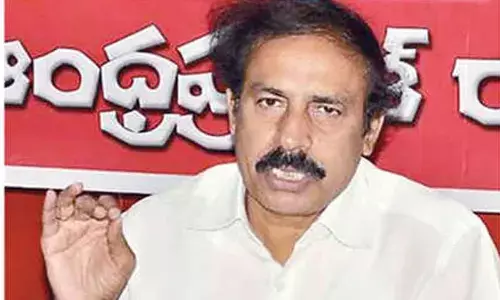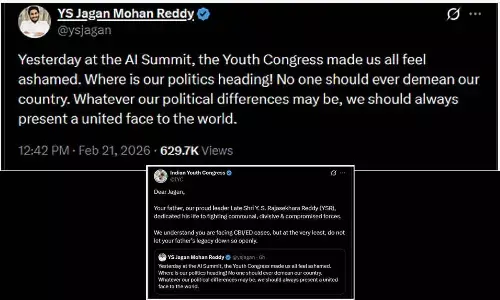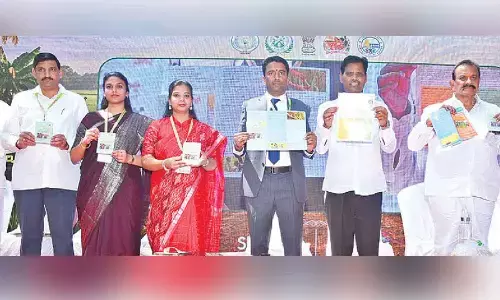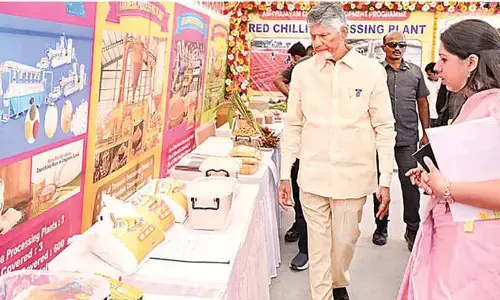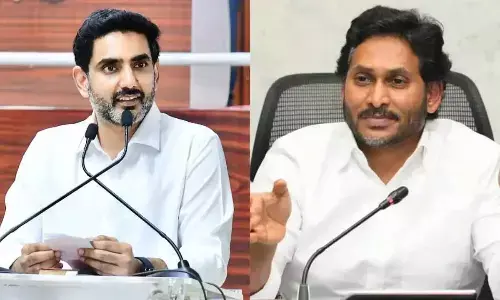Aman Singh makes a brilliant literary debut
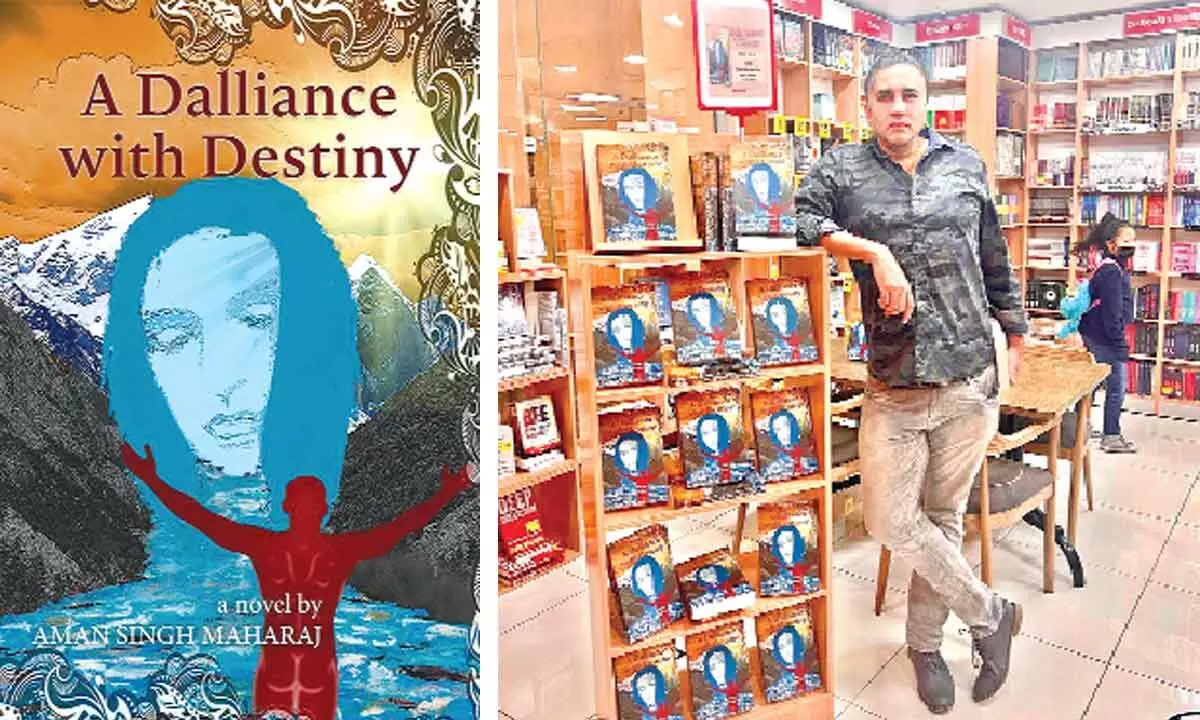
A brilliant literary debut that dissects the human condition with extraordinary attention to detail by a South African author of Indian origin, Aman Singh Maharaj.
A brilliant literary debut that dissects the human condition with extraordinary attention to detail by a South African author of Indian origin, Aman Singh Maharaj. 'A Dalliance with Destiny' (Austin Macauley) takes us on a mystical journey to India with an unconventional best friend. The book releases here in India after a fantastic response in South Africa. A storyteller and a columnist living in Durban, Aman takes a refreshing journey to rediscover oneself through his roots and history in 'A Dalliance with Destiny'. Here is the small chitchat with Aman about his journey and latest output. Let's have a look into it.
Excerpt from the interview:
South Africa shares a deep bond by way of its history and people with India. How does your book 'A Dalliance with Destiny' bring forth this bond?
There are approximately 1.2 million Indians who live in South Africa, comprising mainly of Hindi-speaking ones with their ancestral roots from UP, Bihar and MP; and those from Gujarat; Tamil Nadu and Andhra Pradesh. Most of the Indians came to South Africa, historically, because the British Raj wanted them to work on the sugarcane fields off the east coast of South Africa. This emigration, mainly under false promises, happened from 1860 to 1911.
The novel touches upon this in the early chapters, tracing the arrival of protagonist's ancestors in South Africa.
It then moves to 100 years later, to the India of today, where he retraces his ancestral path back to India, travelling to his various ancestral villages, whilst having some mystical experiences along the way, as he searches for love, a guru and an identity.
The book also covers the political and demographical landscapes of both countries. Share more on how your experiences have been of the two countries.
To be honest, both South Africa and India, have witnessed corruption under different regimes. This novel brings this to the fore. At the same time, it takes a satirical view of the racism in South Africa and the casteism in India. The issue of caste almost disappeared among the Indians in South Africa around the early 90s. The intensity and variety of racism differs in South Africa in the different cities.
More 'global' and cosmopolitan cities like Cape Town and Johannesburg see less racism due to the international influx of tourists and businessmen. However, Durban, the city where I reside, on the other hand, is still very visibly racist, and different communities don't mix up much.
Durban, though, is a lovely coastal city with great beaches and great living standard but for the horrible crime statistics. However, it is very much archaic and orthodox in its outlook and integration. To some extent, I wholly believe that some of the older White folks (of English descent), whose forefathers owned farms that employed the initial groups of Indians, still view us from the myopic lens of their ancestors. We are generally mocked for the Indian accent, although our intellect and enterprising nature is well-known, and maybe, sometimes feared.
What made you write this book?
There was forever a book in me, but a full-time job led to paucity of time. It was around 2006 when, for being a whistle-blower to corrupt practices at work, I was suspended for a few months, that I started writing.
I wrote some 1200 pages in those three months, and it took 16 long years of editing and rewriting to bring it down to about 400 pages, which my publishers then accepted.
The book also deals with the caste system and racism, what do you think is different and similar in the two countries?
Up until the 90s those of Indian origin did marry into their own castes, but thereafter, with education and the greater emancipation of women, this has diminished. In other communities too, there was greater sense of marrying within the sects but that too has taken a non-conservative route now.
Regarding racism in South Africa, at a legislative level, this was all done away with in 1994, but one can argue that there is a fair amount of discrimination that prevails, perhaps reverse racism too, where I have found that Indian and White kids have to try much harder to secure positions in university due to affirmative action (just like the caste allocation for seats in India), and the same challenges are faced when it comes to employment.
It's a voluminous book for a fiction and a debut, how much time did it take you to write it?
It took me 16 years of writing, editing and re-writing, but I have always been a lover of lengthy books, where one ingrains oneself into the characters, and may be that is what influenced my writing as well. To be honest, I am not really fond of the novella type genres.



